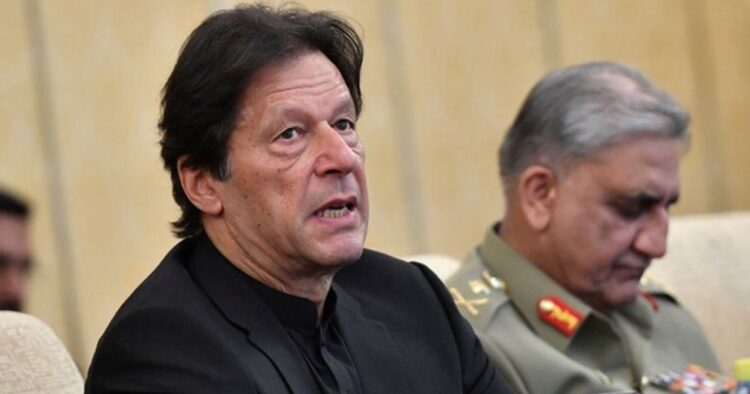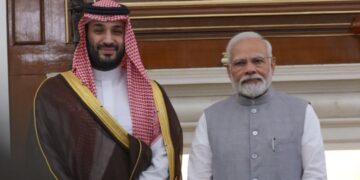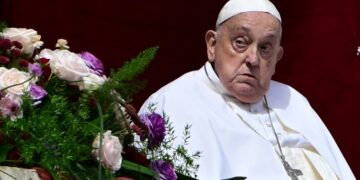In the Zeshaan household, there’s a strict rule against discussing politics during family gatherings. This rule was put in place shortly after Imran Khan became Pakistan’s Prime Minister in July 2018. Nida Zeshaan, a staunch supporter of Khan, recalls a time when she and her sister stopped talking to their father for three months because he didn’t vote for Khan in the 2018 elections. Such familial tensions over political differences are not uncommon in Pakistan.
Imran Khan’s rise to power was fueled by promises to fight corruption and revive the economy, but his tenure has been marred by legal battles and allegations of political conspiracies. Despite his ousting in 2022 and subsequent criminal convictions barring him from standing in the upcoming elections on February 8th, Khan remains a dominant figure in political discussions.
Nida Zeshaan, like many others, admires Khan’s vision of an Islamic welfare state and his commitment to equality. However, her father disapproves of Khan due to his perceived ties to the military, which plays a significant role in Pakistani politics. Despite attempts to avoid political discussions within families, tensions persist over differing opinions on Khan’s leadership.
Khan’s initial rise to power was supported by Pakistan’s military establishment, but tensions between them emerged during his premiership. Allegations of foreign conspiracies and conflicts over key appointments soured relations between Khan and the military. His supporters, however, remain steadfast, attributing his shortcomings to external pressures and a lack of time to implement reforms.
Many Pakistanis view Khan as a catalyst for political awakening, challenging the dominance of established political dynasties like the Pakistan Muslim League (PML-N) and Pakistan People’s Party (PPP). However, Khan’s opponents criticize his governance style as populist and divisive.
The upcoming election is expected to see a dramatic turnaround, with Nawaz Sharif of the PML-N poised to win and become Prime Minister for a fourth term. Sharif’s resurgence reflects shifting political dynamics and the military’s purported backing, marking a significant shift from Khan’s tenure.
Despite Khan’s incarceration and the setbacks faced by his party, political divisions in Pakistan are deepening. Allegations of military interference and crackdowns on dissenting voices underscore the challenges to democratic governance in the country. As election day approaches, tensions remain high, even within families and social circles, highlighting the polarizing nature of Pakistani politics.

















Comments